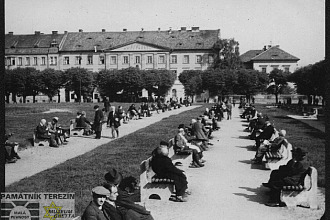New York Medical College has been infusing Jewish values into the care students are taught to give their patients.
Besides granting religious accommodation for Sabbath, Kosher meals, and other religious observances students have learned about the abusive medical experimentation that took place during the Holocaust and as well as during the days of slavery in America and the impact trauma can have on how people may view the medical field. A student was able to hear the testimony of someone who was subjected to very risky medical experiments at Auschwitz and how it left him with a deep aversion to doctors when he became older (Harris, Ben 2019).
It is believed that medical students need to learn not only how to practice medicine but to be aware of the ways their personal history, cultural background, and values alters impacts the way they see and practice medical and learn to the importance of being aware of the experiences of their patients which may influences their choices and how to use that understanding to help their patients. It was said “ ‘Knowledge without values is not useful. Healthcare has to be grounded in firm ethical principles,’ Halperin said. ‘Respect for individuals, helping people who are suffering, helping people avoid premature death — these are fundamentally Jewish concepts. To engage in healing is about as close to holy work as we get in our secular lives.’” (Harris, Ben 2019)
Even if you would never choose to enter the medical field the seeking to understand the perspective of another person before trying to apply a solution is a very important thing to understand. Before we try to heal the wounds of others we must first know where the wounds are. In our day to day interaction with others we should keep in mind that below the surface of what may appear to be as strange reluctance to make a decision that may seem like common sense to us there may be a painful past or other internal conflicts to work through. Or it might just be good reasoning-independent of any deeper problem- based on their situation which may simple be different from yours. Sometimes what we take for granted as fact may not be the case for everyone. We should hold off pasting judgments on how others respond to things based on our own experiences with the assumption that what our own frame of reference is universal and instead seek to understand. “Remember this, my dear brothers and sisters: Everyone should be quick to listen, slow to speak, and should not get angry easily.” James 1:19
Harris, Ben 2019 “This medical school is putting a uniquely Jewish spin on doctor training” JTA
Picture originally found here


























